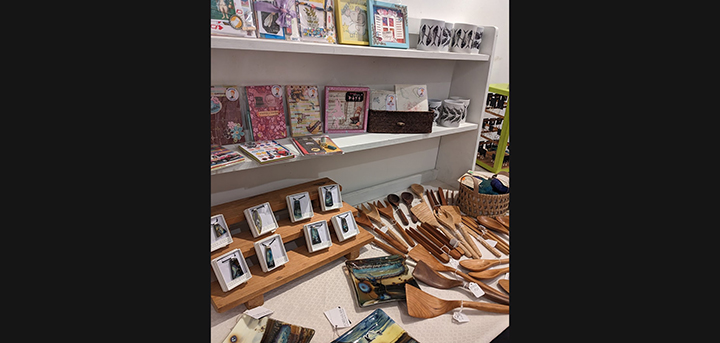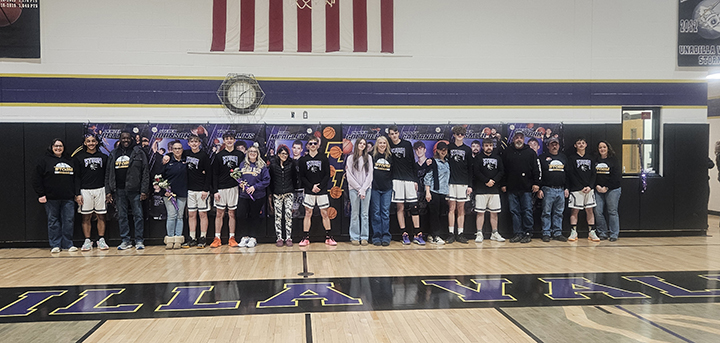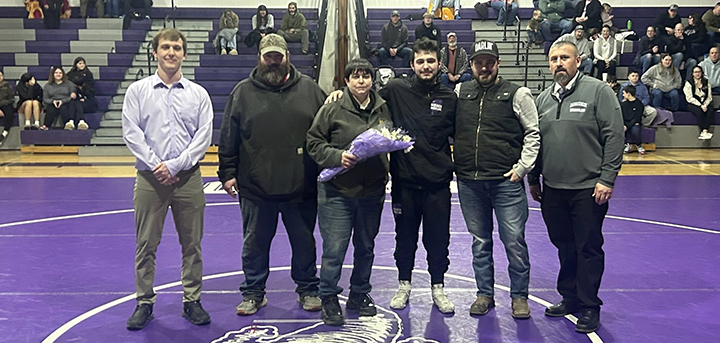The Roman Weslowski Bulletin Board
The ghost of Roman Weslowski took a few bows the last few weeks. Roman owned the supermarket I worked in as a kid. He beat the pants off chain supermarkets that tried to compete with his.
One of his secrets was to ask questions. And more importantly, to listen to the answers. He spent hours every week simply asking his customers questions like “Are there fruits or vegetables we don’t stock that you think we should?” “Are there items you feel you can buy at lower prices elsewhere?” “We could get a larger size of that item. Would you prefer it?”
He took note of the answers. And he acted on many of them. In this way he forever nipped and tucked his business so that it fit the wishes of his customers.
Two weeks ago I lunched at one of San Antonio’s most popular restaurants. It is so popular the family that owns it has built two more within a quarter mile of the first. That’s right. Within a few blocks are three huge restaurants that serve pretty much the same menu.
A Mexican immigrant started the business in the early years of the Great Depression. Today his sons and daughters and grandchildren carry on his traditions.
One of those traditions is similar to Roman Weslowski’s. Every table features questionaires. Waiters and waitresses encourage you to fill them out. They ask the customers what they like and dislike. They ask for suggestions.









Comments